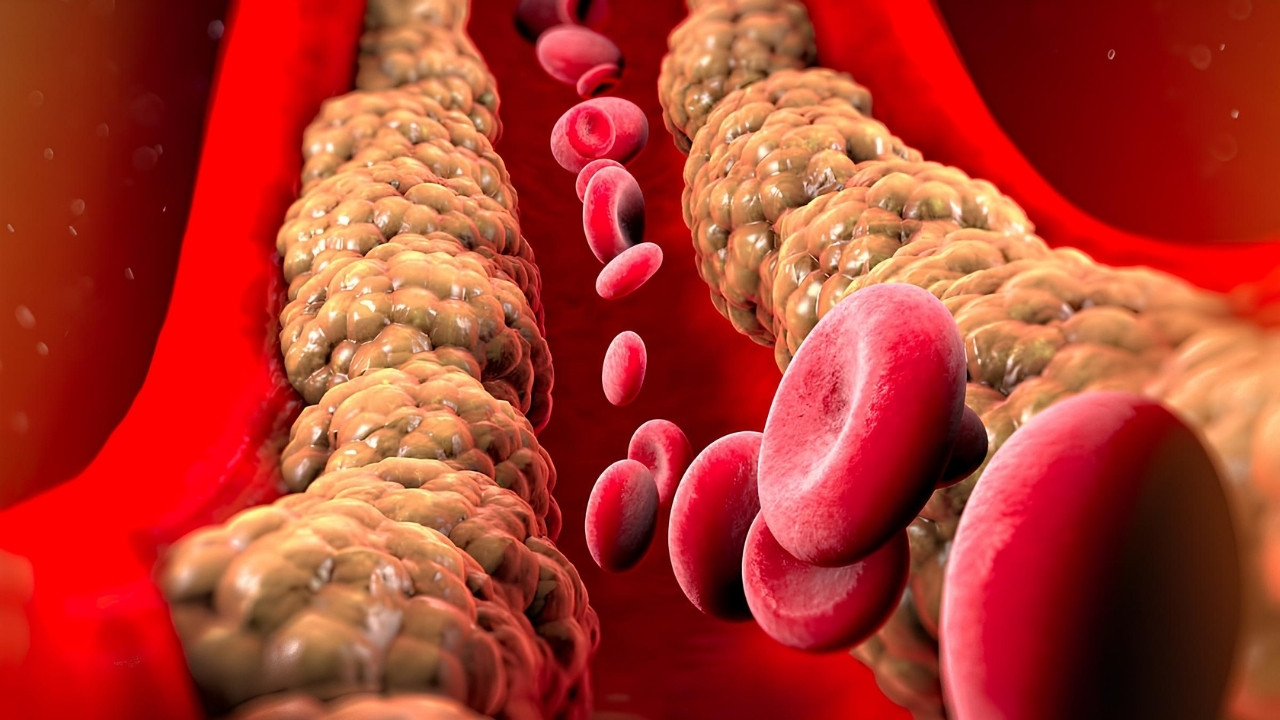
Triglycerides are a type of fat found in your blood. They store unused calories and provide your body with energy. When you eat, your body converts any calories it doesn't need right away into triglycerides. These are stored in your fat cells. Later, hormones release triglycerides for energy between meals. High levels of triglycerides can increase the risk of heart disease. They can also signal metabolic syndrome, which is a combination of high blood pressure, high blood sugar, excess body fat around the waist, and abnormal cholesterol levels. Managing triglyceride levels is crucial for maintaining overall health. Regular exercise, a balanced diet, and avoiding sugary foods can help keep these levels in check. Understanding triglycerides and their impact on your health can lead to better lifestyle choices and improved well-being.
What Are Triglycerides?
Triglycerides are a type of fat found in your blood. They store unused calories and provide your body with energy. High levels can increase the risk of heart disease. Let's dive into some fascinating facts about triglycerides.
-
Triglycerides are the most common type of fat in the body. They are essential for storing energy.
-
They are composed of three fatty acids and one glycerol molecule. This structure gives them their name.
-
Your body converts excess calories into triglycerides. These are stored in fat cells for later use.
-
High triglyceride levels can lead to atherosclerosis. This condition involves the hardening of arteries.
-
Normal triglyceride levels are below 150 mg/dL. Levels above 200 mg/dL are considered high.
How Triglycerides Affect Health
Understanding how triglycerides impact health is crucial. They play a significant role in various bodily functions but can also pose risks.
-
Elevated triglycerides can increase the risk of heart disease. They contribute to the buildup of plaque in arteries.
-
High levels are often linked to other conditions. These include obesity, type 2 diabetes, and metabolic syndrome.
-
Triglycerides can affect liver health. Non-alcoholic fatty liver disease is often associated with high levels.
-
They can also impact pancreatic health. Extremely high levels can lead to pancreatitis.
-
Lowering triglycerides can improve overall health. This includes reducing the risk of heart disease and stroke.
Factors Influencing Triglyceride Levels
Several factors can influence triglyceride levels. These range from diet to lifestyle choices.
-
Diet plays a significant role. High sugar and fat intake can elevate levels.
-
Alcohol consumption can increase triglycerides. Even moderate drinking can have an impact.
-
Physical activity helps lower triglycerides. Regular exercise is beneficial.
-
Genetics can influence triglyceride levels. Family history plays a role.
-
Certain medications can affect levels. These include steroids and birth control pills.
Managing Triglyceride Levels
Managing triglyceride levels is essential for maintaining good health. Here are some ways to keep them in check.
-
Eating a balanced diet helps. Focus on fruits, vegetables, and whole grains.
-
Reducing sugar intake is crucial. High sugar consumption can spike triglyceride levels.
-
Healthy fats are beneficial. Omega-3 fatty acids found in fish can lower levels.
-
Regular exercise is key. Aim for at least 30 minutes of physical activity most days.
-
Limiting alcohol intake is important. Alcohol can significantly raise triglyceride levels.
Triglycerides and Diet
Diet has a profound impact on triglyceride levels. Making smart food choices can help manage them effectively.
-
Fiber-rich foods can lower triglycerides. These include oats, beans, and fruits.
-
Avoiding trans fats is crucial. These unhealthy fats can raise levels.
-
Lean proteins are beneficial. Opt for chicken, fish, and plant-based proteins.
-
Portion control is important. Overeating can lead to higher triglyceride levels.
-
Staying hydrated helps. Drinking plenty of water can aid in managing levels.
Triglycerides and Lifestyle
Lifestyle choices also play a significant role in managing triglyceride levels. Small changes can make a big difference.
-
Quitting smoking can lower triglycerides. Smoking is linked to higher levels.
-
Stress management is important. Chronic stress can affect triglyceride levels.
-
Getting enough sleep is crucial. Poor sleep can lead to higher levels.
-
Regular health check-ups are beneficial. Monitoring levels helps in early detection and management.
-
Maintaining a healthy weight is key. Obesity is often linked to high triglycerides.
Interesting Facts About Triglycerides
Here are some lesser-known facts about triglycerides that might surprise you.
-
Triglycerides are stored in adipose tissue. This tissue acts as an energy reserve.
-
They can be measured through a simple blood test. This test is often part of a lipid panel.
-
Triglycerides are different from cholesterol. Both are types of lipids but serve different functions.
-
High triglycerides can cause xanthomas. These are fatty deposits under the skin.
Key Points to Remember
Triglycerides play a crucial role in your body’s energy storage and metabolism. High levels can lead to health issues like heart disease, so it’s important to keep them in check. Regular exercise, a balanced diet, and avoiding excessive alcohol can help maintain healthy triglyceride levels. Monitoring these levels through regular check-ups provides a clear picture of your overall health.
Understanding the impact of triglycerides on your body empowers you to make informed choices. Simple lifestyle changes can significantly improve your health. Keep an eye on your diet, stay active, and consult with healthcare professionals for personalized advice.
Knowledge about triglycerides isn’t just for medical experts. Everyone can benefit from knowing how to manage and maintain healthy levels. Stay proactive about your health and make triglyceride management a part of your wellness routine.
Was this page helpful?
Our commitment to delivering trustworthy and engaging content is at the heart of what we do. Each fact on our site is contributed by real users like you, bringing a wealth of diverse insights and information. To ensure the highest standards of accuracy and reliability, our dedicated editors meticulously review each submission. This process guarantees that the facts we share are not only fascinating but also credible. Trust in our commitment to quality and authenticity as you explore and learn with us.
